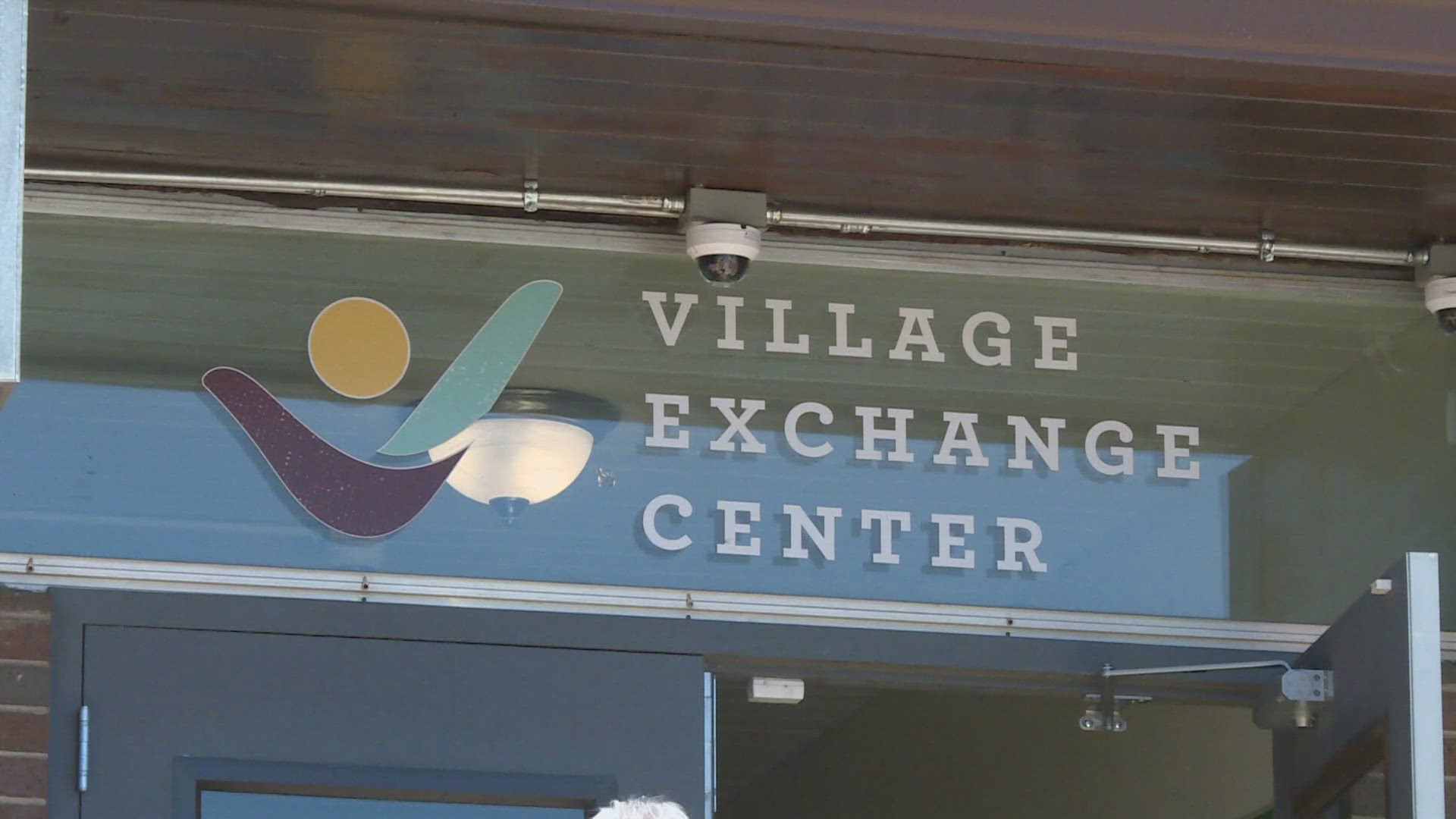AURORA, Colo. — Colorado's most diverse city doesn't intend to help migrants. The conservative majority on Aurora's city council has made that clear.
Yet migrants are ending up in Aurora, and nonprofits are stepping up to help them.
While the city and county of Denver has made tough decisions to slash certain budgets to accommodate the cost of supporting new arrivals, Aurora city leaders have declared Aurora a "non-sanctuary city" and said there aren't resources to support migrants.
At one time, Denver paid for migrants to live at an Aurora Quality Inn. That prompted Aurora City Council to adopt a resolution that would prevent cities from sending in migrants without verifying there is opportunity to house them.
In an email to 9NEWS, the city of Aurora said it doesn't have the same support to house and provide for newcomers:
"Without any city-owned shelter space or related infrastructure for migrants, Aurora is currently limited in its ability to house individuals. The city is not structured like the counties that are funded to provide health and human services. We embrace our culturally rich and diverse community and maximize our existing resources as efficiently as possible, but they are not limitless."
This puts further emphasis on nonprofits like the Village Exchange Center. But Amanda Blaurock, the executive director and co-founder of the Aurora-based nonprofit, said she doesn't mind.
"We really love what we’re able to do right now," Blaurock said. "We’re helping with over 600 intakes for a temporary protective status, legal assistance, referrals to healthcare providers, children into schools. To us it feels like a real place to dignify people and really get them to thriving."
Hundreds of migrants packed the Village Exchange Center Friday, ready to receive information on local healthcare access and rental assistance.
The Adams County Health Department, Colorado Alliance for Health Equity and Practice, CityWide Banks, Miel Foundation and RTD were some of the resources people could connect with.
Blaurock said the fair is designed to help bring information to one place. She said the opportunity is extremely important for people who come to the United States with hardly anything, but themselves.
"As the influx started in Aurora, we had thousands of people at our doors in about July 2023," Blaurock said.
Blaurock said the organization has been doing case management for several years, but recent months have been heavily dedicated to work with migrants.
"We’re up to about 1,750 people that we case manage," Blaurock said. "So part of case management is ongoing and regular support. So we work with the state, city and county of Denver and been providing people with housing support. So getting people into housing."
Blaurock said outside funding allows her nonprofit the opportunity to share Colorado with migrants.
"We have 12 federal grants via the counties, state and also directly from the federal government," Blaurock said. "We also have private foundation owners and we do a significant amount of fundraisers. I think we have probably over 80 donors."
She said in addition to resource fairs, the Village Exchange Center also operates a food pantry that serves 800 families a week, 600 of which are migrants.
SUGGESTED VIDEOS: Full Episodes of Next with Kyle Clark

